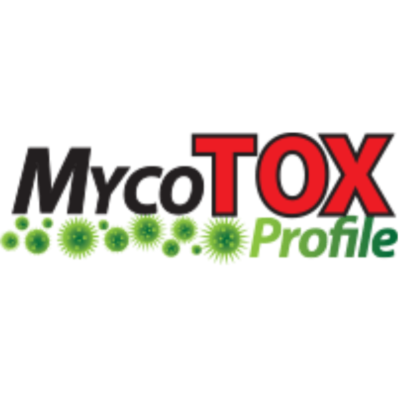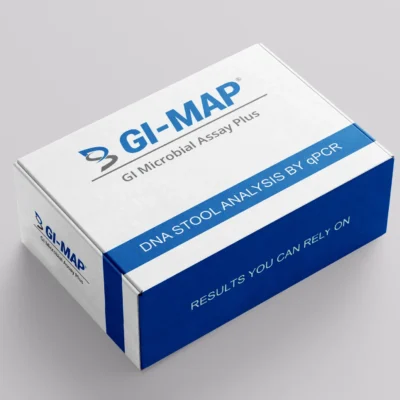Description
Organic Acids Test
The Organic Acids Test (OAT) offers a comprehensive metabolic snapshot of a patient’s overall health with 76 markers. It provides an accurate evaluation of intestinal yeast and bacteria. Abnormally high levels of these microorganisms can cause or worsen behavior disorders, hyperactivity, movement disorders, fatigue and immune function. Many people with chronic illnesses and neurological disorders often excrete several abnormal organic acids in their urine. The cause of these high levels could include oral antibiotic use, high sugar diets, immune deficiencies, acquired infections, as well as genetic factors.
Our Organic Acids Test also includes markers for vitamin and mineral levels, oxidative stress, neurotransmitter levels, and is the only OAT to include markers for oxalates, which are highly correlated with many chronic illnesses.
If abnormalities are detected using the OAT, treatments can include supplements, such as vitamins and antioxidants, or dietary modification. Upon treatment, patients and practitioners have reported significant improvement such as decreased fatigue, regular bowel function, increased energy and alertness, increased concentration, improved verbal skills, less hyperactivity, and decreased abdominal pain. The OAT is strongly recommended as the initial screening test.
Specimen Requirements
Urine: 10 mL of first morning urine before food or drink is suggested. Patients should avoid apples, grapes (including raisins), pears, cranberries and their juices 48 hours prior to specimen collection. Avoid arabinogalactan, echinacea, reishi mushrooms, and ribose supplements for 48 hours before collection.
IgG Food Sensitivities Test
Immunoglobulin G (IgG) food testing is a useful guide for structuring elimination diets for patients with many chronic conditions. Individuals with neurological, gastrointestinal, movement, and behavioral disorders often suffer from IgG food sensitivities.
Benefits of Testing
-
IgG testing determines if food reactions are contributing to physical or mental symptoms, and much more quickly than eliminating and then reintroducing each suspect food one-by-one over a period of time.
-
Removal of highly reactive foods from the diet is a non-invasive therapy that often mitigates a patient’s symptoms.
-
Research and clinical studies suggest food allergies identified by IgG testing can be major contributing factors to many chronic health conditions.
-
Eliminating all identified IgG-positive foods after testing can reduce stress on the immune system, decrease inflammation (helping to heal “leaky gut”), resolve food cravings, and reduce the potential for eating disorders.
Specimen Requirements
The IgG Food Allergy Test is available as both Serum and Dried Blood Spot.
Serum: 1 mL of in a gold-topped SST or in a royal blue-topped no additive tube.
Dried Blood Spot (DBS): Four full circles of dried blood on the protein saver card is required.
Please note that the elimination of a food prior to sampling will reduce the ability for our laboratory to detect antibodies (allergies) to that food.
*The name on the test results must match the name of the individual who took the test, not the name of the person who purchased it. Failure to provide the correct patient name may result in invalid test results and processing delays.





